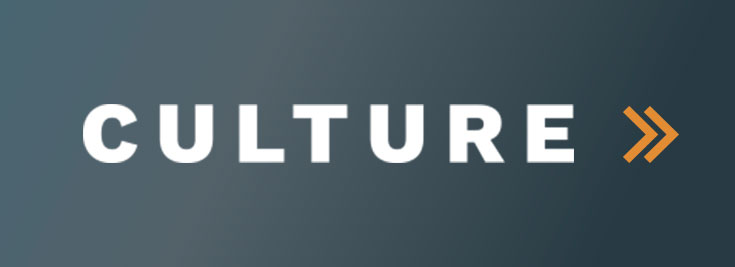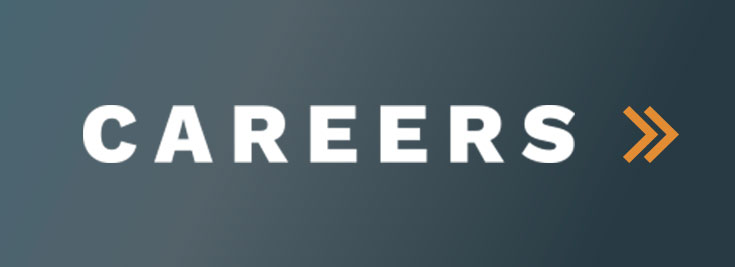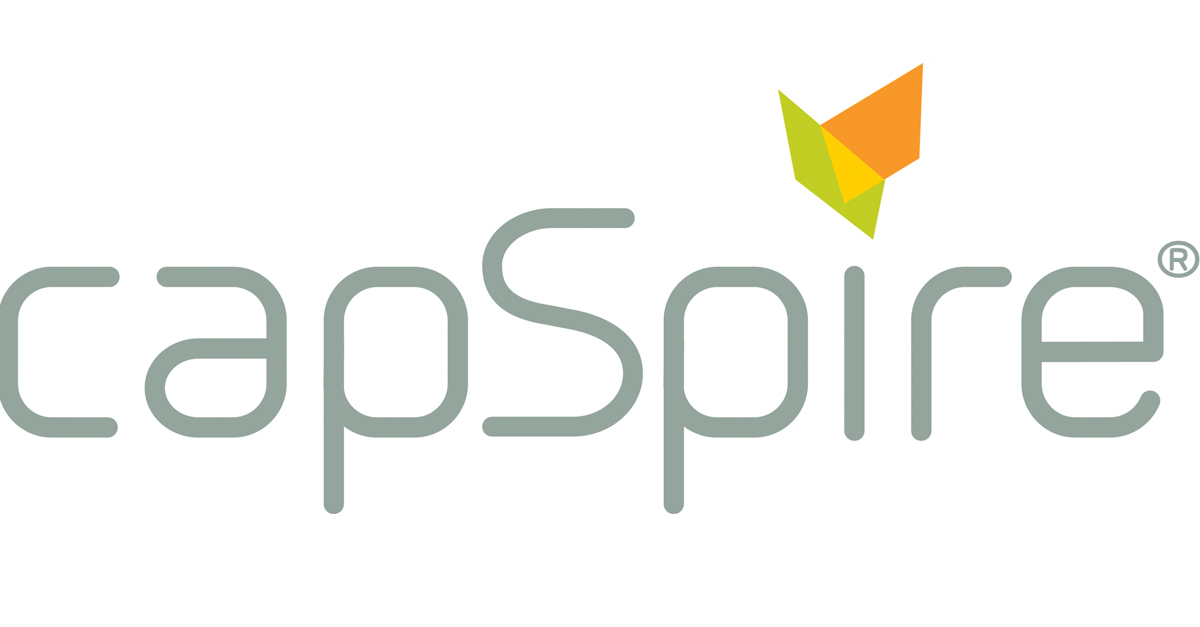Prior to 2020, I had spent 12 years employed at a single company, with a commute no longer than 15 minutes by car. However, commute I would, bound to an office of bricks and mortar, surrounded by a myriad of colleagues, many of whom I still classify as friends today. As creatures of habit, we could set our clocks to our coffee-breaks: one mid-morning, another mid-afternoon. It was a simpler time.
I entered 2020 with a new role on the horizon and little defining my expectation of normal. Starting at capSpire in late January as a Senior Consultant, I took a short flight over the Irish Sea to the Cork office for onboarding, before returning home. I understood there would be an element of remote working, but I was eagerly anticipating my first on-site client engagement, as it would give me an opportunity to collaborate with clients in person.
Fast-forward one month and the World Health Organisation has declared COVID-19 a global pandemic. The UK, and large swathes of Europe, would soon be under lockdown protocol. Thankfully, capSpire already had processes in place to work remotely, so it was a smooth transition to full remote work.
Social Network
There’s a feeling of universality about a regular coffee-break routine. Not unique to any particular office or company, coffee breaks serve as informal networking for colleagues across all levels of an organisation. At its most basic it provides physical respite from a desk-bound job, but can also offer so much more, with each interaction bringing a new perspective to that day’s most prominent issues.
I’ve always enjoyed how skilled capSpire is at bringing colleagues together on a semi-regular basis for quality time like virtual coffee breaks, amongst a host of other extra-curricular online social events. We even recently had a webinar session with specialty coffee start-up CoffieHub, to ensure the quality of our beverage consumption matched that of our client delivery.
Technology
With the lines dividing home and work life blurred, it can be challenging to break from the invisible bungee cord pulling you back to your desk. Having colleagues spread geographically across continents and timezones equals constant communication and outreach:
*ding* Microsoft Teams Notification
*ding* Google Hangouts Notification
*ding* Gmail Notification
In the initial months of remote working, my smartphone would trigger that bungee cord to pull, much to the disapproval of my family, as we sat at the dinner table. My solution was to set routines and flexible boundaries. This helped me to avoid burnout and also allowed me to approach problems with fresh eyes-resulting in better, fresher work for my clients.
Engaging with a diverse array of collaboration technologies has been a real enabler in this area. I’ve found it’s not essential to be sedentary by sitting at a desk all day. Weather-permitting, I’ve been known to join a daily Scrum call whilst outside getting some fresh air and stretching my legs. It often gives me an advantage by going into things with a refreshed mind.
I’ve learned much during a year of successful remote project delivery and remain curious to see if it will have brought about a fundamental cultural shift towards remote working. With both benefits and drawbacks, I feel it’s important not to take anything for granted.
I’m thankful to be at capSpire, where a culture of support and growth has driven me to be the best version of myself. This past year, I’ve taken the time not spent travelling and instead focused on becoming certified in the ITIL and Scrum frameworks, with Azure Cloud Architecture next on the agenda.
The most important lesson I’ve learned is this: just because we have to stay in one place doesn’t mean there aren’t other ways to keep moving forward.
Share your thoughts with Craig at info@capspire.com.









